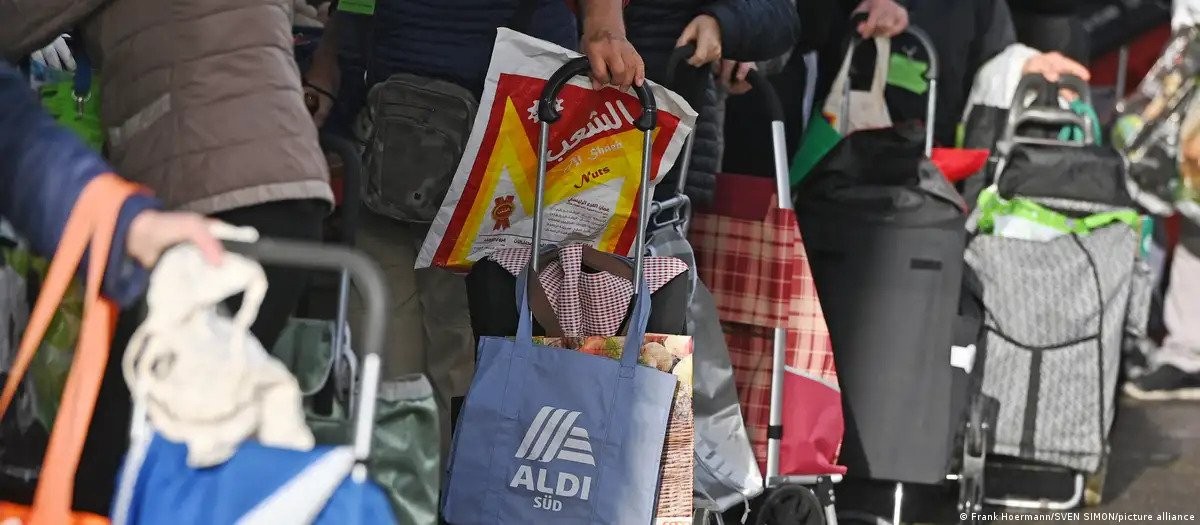 |
Many food banks have seen the number of people needing food aid double. (Source: picture alliance) |
Germany currently has more than 900 food distribution points, run by the charity Tafel eV, which aims to help anyone who can prove they are in financial trouble. However, fewer and fewer companies are donating to them, despite the growing demand for food amid high inflation and an influx of refugees from Ukraine.
It’s not hard to see that the need for food aid is growing. In Berlin’s Köpenick district, a fan center for Bundesliga team FC Union Berlin has been turned into a food distribution point. Under 30°C heat, people lined up to get in and receive food.
Pressure to increase aid
For Denise Lauer, this was her first time going to a food bank. She had been hesitant and embarrassed to go to a food distribution site. “I wanted to try it out. But I was too embarrassed to go before,” she said.
According to the Federal Statistical Office of Germany, food prices increased by almost 15% compared to last year, with the inflation rate reaching 7.3%.
This has left many people unable to afford food and forced to rely on aid to survive. Since the Russia-Ukraine conflict broke out in February 2022, 20% of German food distribution points have seen the number of people needing food assistance double , according to a report by the federal association Tafel.
“Before the Russia-Ukraine conflict, there were fewer than 340 people in need of food on food distribution days,” says Carol Seele, who works as a volunteer manager at the Köpenick food distribution site. “But now we regularly receive more than 500 people.” Carol’s colleague Rita Hisch adds: “Last Friday, we had 564 clients.”
“We’re seeing more people because of the Russia-Ukraine conflict,” Seele said. “Luckily, we haven’t had to cap the number of applicants yet.”
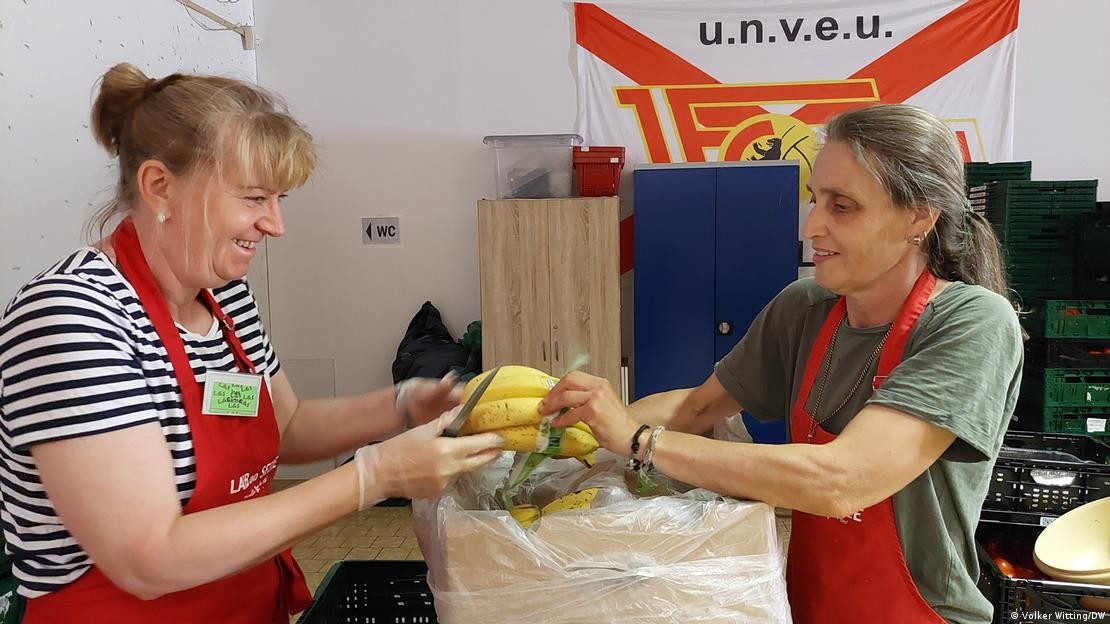 |
At food distribution points, staff will sort and arrange donated food. (Source: DW) |
By law, anyone who can prove they are in need is eligible for food assistance. However, many food banks are having to cut back on the amount of food they can provide to each person who comes in, and some have even stopped accepting new people.
Tetyana Kudyna is a refugee from Ukraine. She and her youngest son came to Germany to escape the conflict in her homeland, while her husband and older son remained in the capital Kiev. Every Tuesday, Kudyna goes to the food bank with her son to collect food. According to Kudyna, this saves her a lot of money. It also helps Kudyna relieve her worries because she can interact with other Germans and Ukrainians.
Tafel’s first food distribution point was established in Berlin in 1993. The organisation says it now helps around 2 million people, with local branches accepting food and cash donations. Tafel also receives donations from major supermarket chains such as Rewe, Lidl and Ald, including leftover food and slightly defective products.
Support for the poor
German food banks are tasked with helping people living in poverty, meaning those with less than 60% of their median income. According to this rule, there are currently around 13 million people in Germany who are considered to be living below the poverty line.
However, the Tafel Federation also revealed that the amount of food donated has decreased. According to Andreas Steppuhn, the new president of Tafel, there are many reasons for this: “Supermarkets now tend to operate more economically so that there is not too much food left over at the end of the day. This is one of the factors that affects the amount of food donated.”
“In principle, we are very supportive of this because reducing food waste is a good thing,” added Andreas Steppuhn. “But in reality, food banks need more food to meet the growing number of customers.”
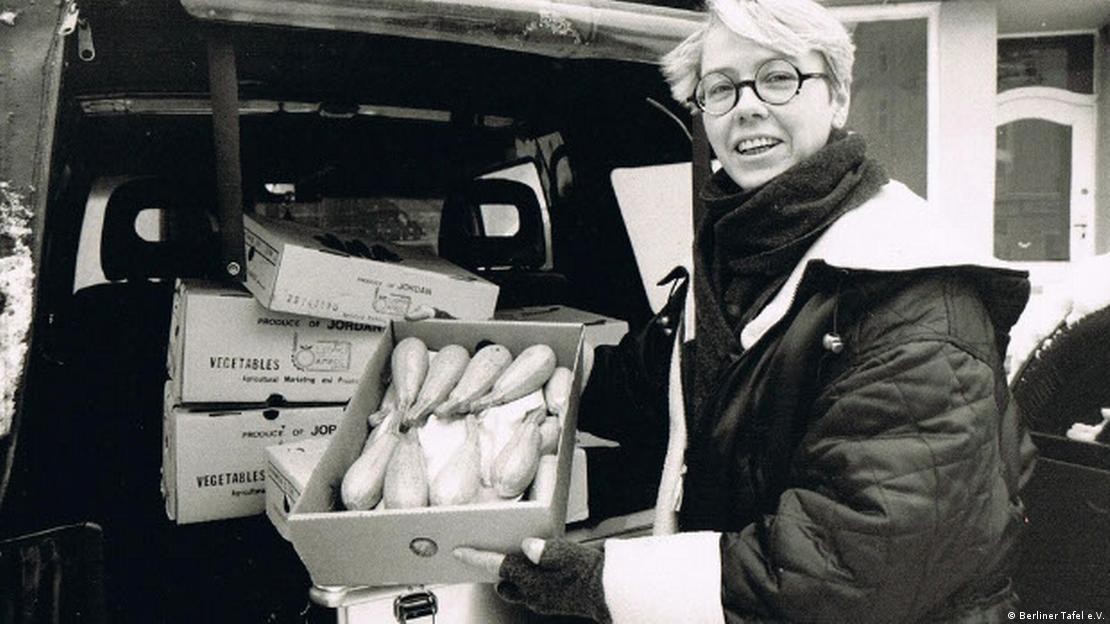 |
Sabina Werth founded the first Tafel food bank in Berlin in 1993. (Source: Berlier Tafel.eV) |
Tafel food banks, which operate independently, are in crisis mode, Steppuhn said, adding that they cannot compensate for government failures and that “political institutions must do their part.”
Mr Steppuhn wants the organisation to remain autonomous, but still receive “basic (state) funding” so that Tafel can continue its activities. However, it is not yet clear whether the German government supports this idea.
Ms. Lauer was surprised and impressed when she first visited the food bank to learn that “everyone does this on a volunteer basis.” Indeed, Tafel relies on the goodwill of some 60,000 volunteers.
Lauer also added that she will continue to go to the food bank to get through this difficult time.
Source






























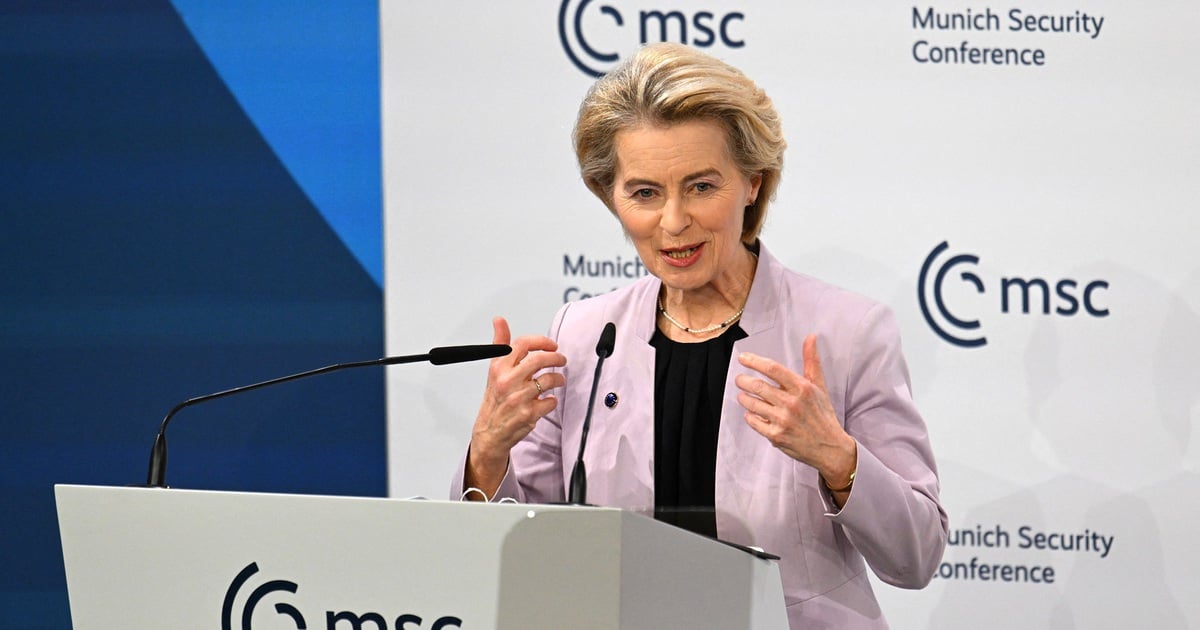





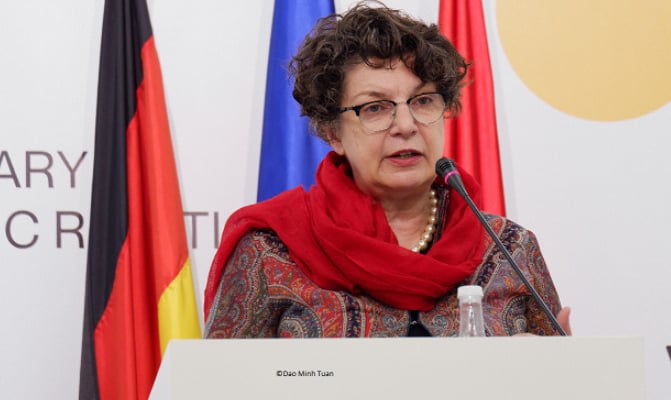



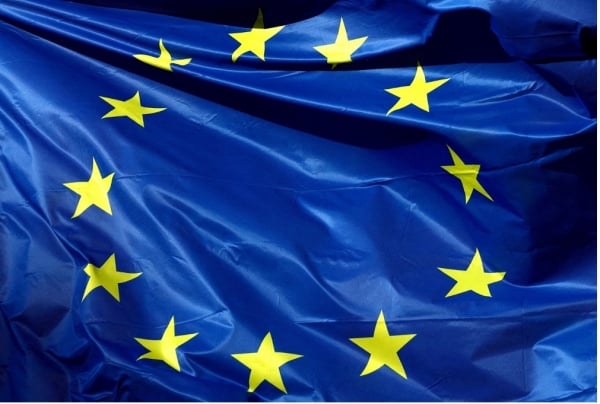



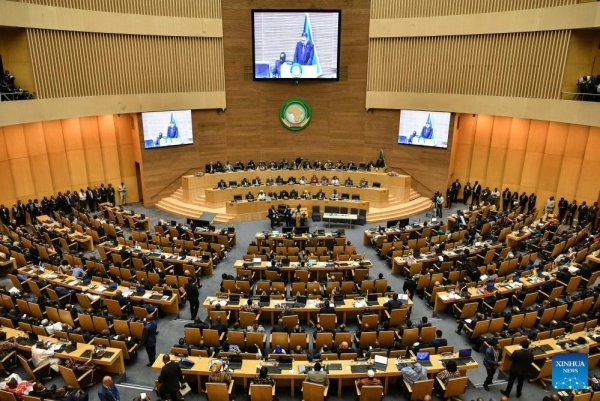


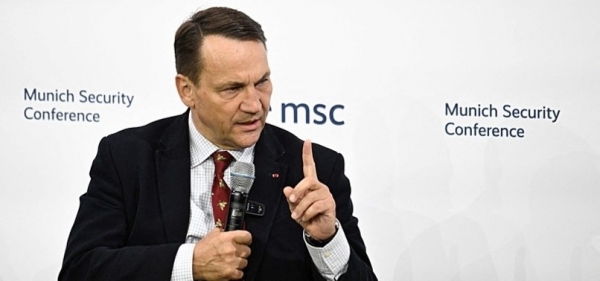














Comment (0)